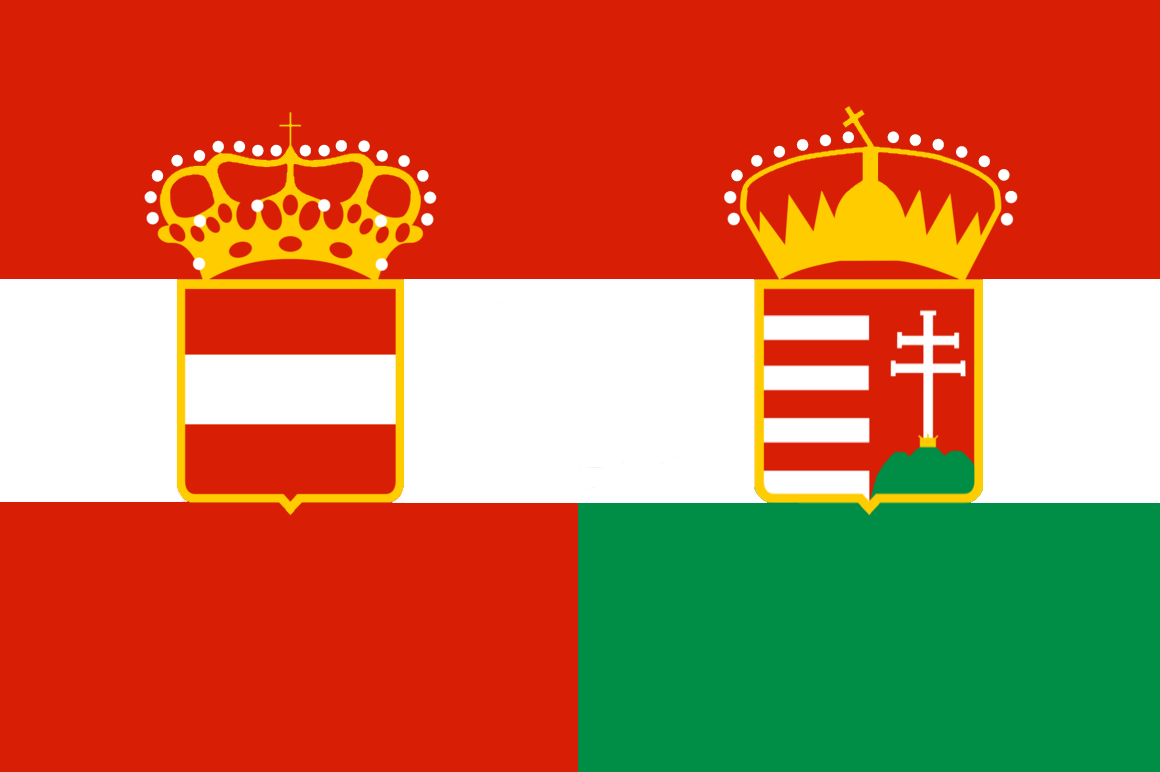

A whole idea was lost, the “Austrian idea,” which held (with a straight face) that the nationalities under the Habsburg sceptre, whether German, Italian, Polish, Czech or Hungarian, were as happy to be there as under any other arrangement, including a nation-state. It would be hard to understate the psychological trauma of 1866. Vienna regarded the breakaway of any part of its empire - Germans to Germany, Italians to Italy, or Hungarians to Hungary - as a treason that threatened the legitimacy of Austria War correspondents gaped in disbelief at the ineptitude of the Austrians, who saw their once magnificent army beaten at Königgrätz in July, driven from Italy in August, and forced to capitulate on the banks of the Danube as the Prussian statesman Count Otto von Bismarck and general staff chief Helmuth von Moltke the Elder dissolved the Austrian-led German Confederation, attached most of its states to Prussia, and prepared to besiege Vienna. Pundits such as Friedrich Engels (who made a living analyzing armies before he turned to economies) had predicted an Austrian victory. When the Kingdom of Prussia, the most industrialized and ambitious of these Habsburg subsidiaries, attempted to carve out the heart of the confederation and bring it under its own leadership with the backing of Italy, which coveted the last Austrian footholds south of the Alps, Austria rallied its loyal retainers - the majority of the German states - and declared war. Austria’s Habsburg dynasty ruled the second-largest empire in Europe (after Russia), encompassing an array of peoples from varying backgrounds and nationalities.įor years, the Habsburgs also had presided over the German Confederation, a league of 36 independent states, ranging from Protestant Prussia in the north to Catholic Bavaria in the south and bonded by a common culture and tongue. On the eve of this crushing defeat at the hands of Germany’s junior power, the Austrians had seemed practically invincible. In 1866, the mighty Austrian Empire - the anvil on which British subsidies and sea power had hammered Napoleon into dust - was decisively beaten in the Austro-Prussian War. This advertisement has not loaded yet, but your article continues below.


 0 kommentar(er)
0 kommentar(er)
